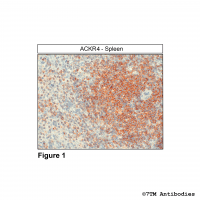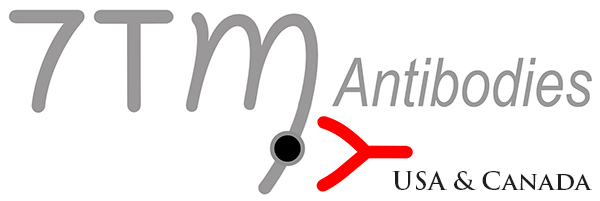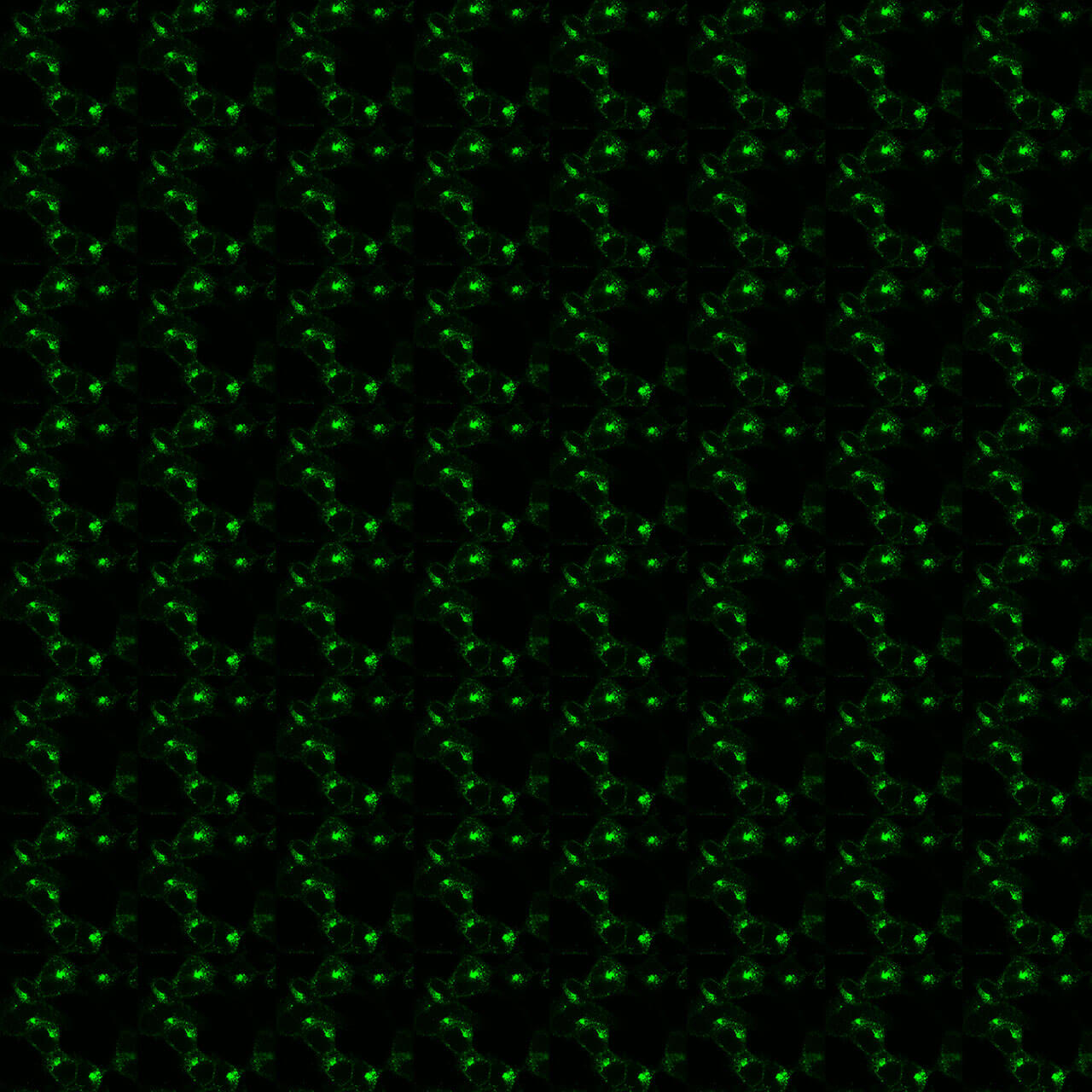No results were found for the filter!
NEW
 ACKR4 (IHC-grade), Atypical Chemokine Receptor...
ACKR4 (IHC-grade), Atypical Chemokine Receptor... The ACKR4 receptor antibody is directed against the distal end of the carboxyl-terminal tail of human Atypical Chemokine Receptor 4. It can be used to detect total ACKR4 receptors in Western blots independent of phosphorylation. The...
$ 375.00 *
Recently viewed

